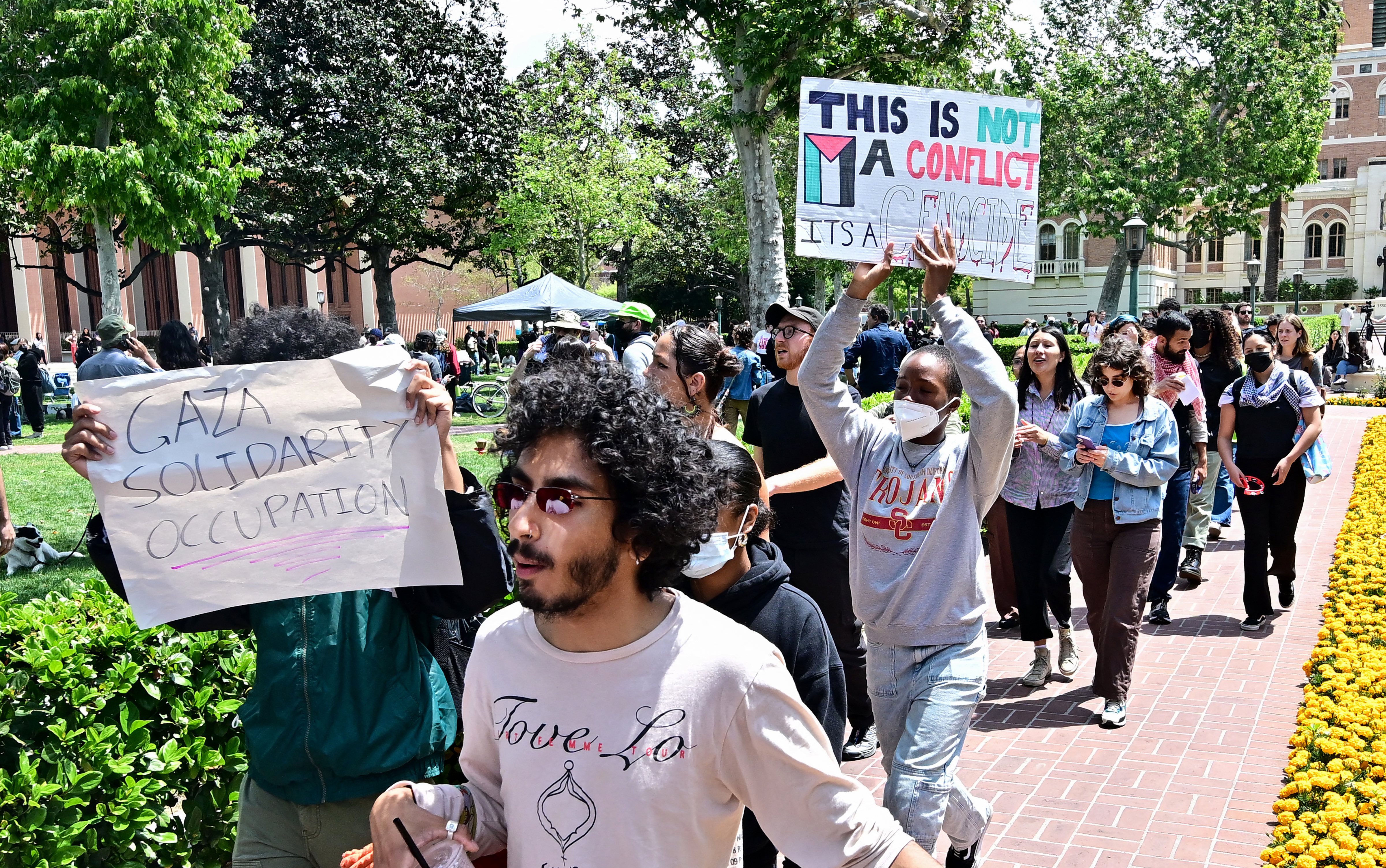Counties are expanding coronavirus tests at especially hard-hit Black and Latino neighborhoods, while California has gotten a major boost from one major pharmacy that now offering additional test sites throughout the state.
“The reality of this pandemic is that Black and Latino residents, and people in high poverty areas, are bearing the brunt of the virus,” Dr. Muntu Davis, of Los Angeles County Public Health, said.
LA County officials provided a closer look Thursday at why they’ve said systemic racism is a public health issue.
Research shows that Latinos make up 60 percent of all COVID-19-related deaths in LA County, outside of skilled nursing facilities.
The figure is concerning when compared to the fact that Latinos make up only 48 percent of the population.
“Unfortunately, a lot of disproportionality can be traced to the fact that a significant number of essential workers are low-income or people of color,” Dr. Davis said.
Dr. Davis said the problem began early on in the pandemic, especially where Latinos and other people of color work.
Local
Get Los Angeles's latest local news on crime, entertainment, weather, schools, COVID, cost of living and more. Here's your go-to source for today's LA news.
“There were no requirements for masking and for physical distancing, and in many places, infection control was not a focus,” he said.
The county said another issue was that testing in communities of color wasn’t widely available at first.
One company which has joined the testing effort is Rite Aid, which offers free tests by appointment at several drive-thru locations across California.
The county said it too has ramped up testing in lower-income neighborhoods, including by moving independent testing sites to healthcare facilities.
“We have seen increases and we do have a higher number of testing in lower income communities than what we had initially as the test capacity has increased,” Dr. Davis said.
But county officials recognize that because essential workers don’t always have the chance to work from home, employers must do everything they can to stop the spread.
“Businesses have a corporate, moral and social responsibility to their employees to provide a safe work environment,” Dr. Davis said.



